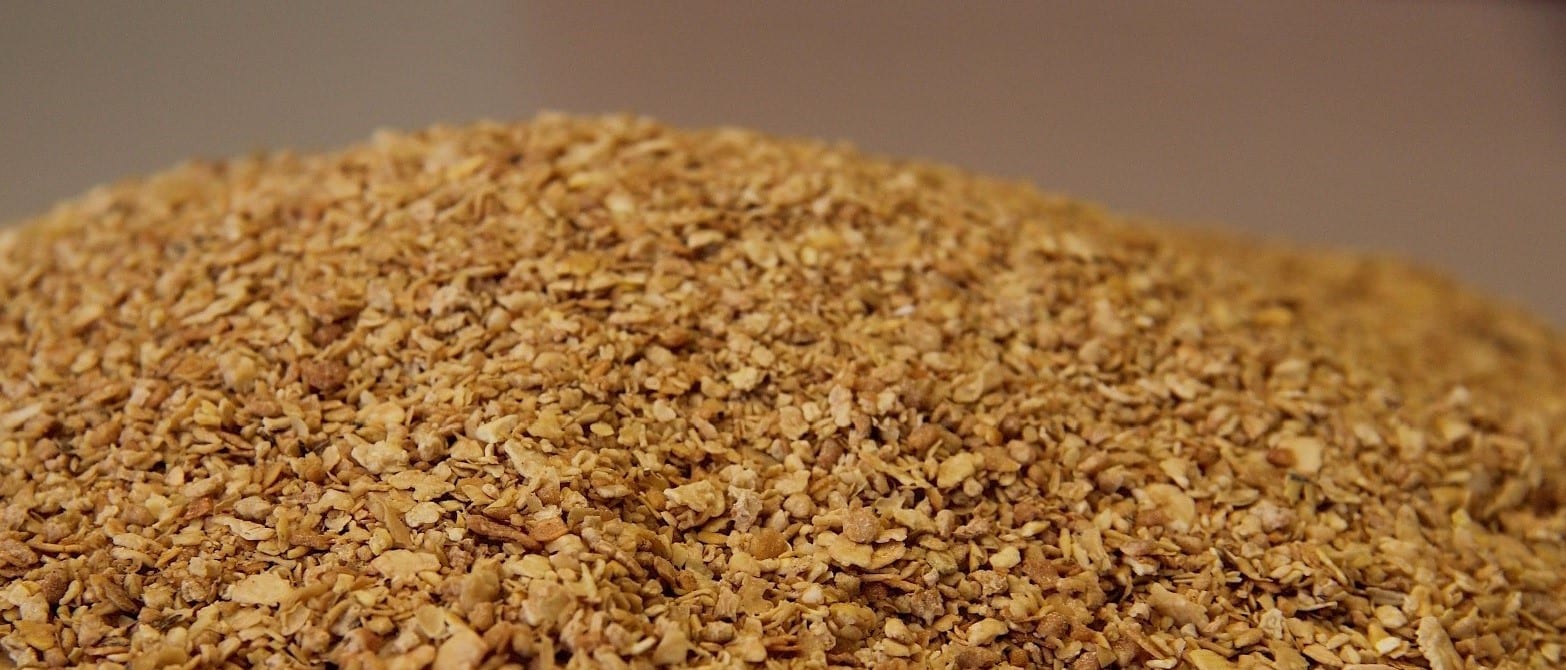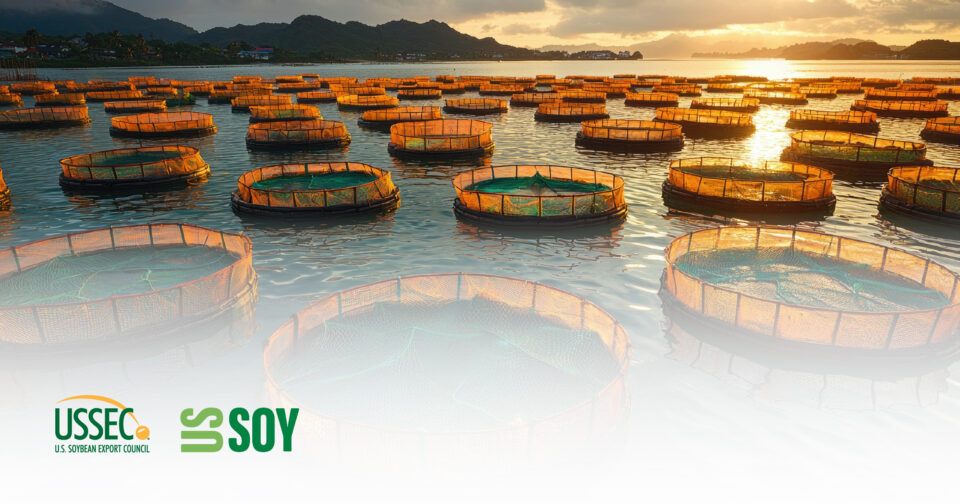
Following industry input and collaboration at one of its flagship events, the U.S. Soybean Export Council successfully partnered with Nepalese importers and end users to resume the importation of GMO soymeal derived from the United States.
In August, Nepal’s Department of Customs, within the Ministry of Finance, restructured the system of permit issuance for a variety of products, including soybean meal. Previously, the issuance of soybean meal import permits was under the purview of the Department of Food Technology and Quality Control. Today, the responsibility belongs to Nepal’s Plant Quarantine and Pesticide Management Center (PQPMC) within the Ministry of Agriculture and Livestock Development. This transition came without a clear understanding of the role of U.S. soymeal within Nepal’s food security strategy and its involvement in the development of the country’s growing poultry industry.
As a result, on August 15 the PQPMC required all soybean meal importers provide a non-GMO certificate while applying for an import permit — a requirement that was not feasible and that shut the door to U.S. soybean meal exports.
For context, in 2020, Nepal accounted for almost $27 million worth of U.S. soybean meal exports.
With USSEC’s marquis event, the U.S. Soy Global Trade Exchange and Specialty Grains Conference, around the corner, our team sprang to action, inviting three key soybean meal importers from Nepal to attend as special guests. USSEC’s South Asia and Sub-Sahara Africa region then had the perfect opportunity to connect relevant industry partners to help exchange information and overcome this trade barrier.
Meanwhile, Nepal’s neighbor (India) was in the final process to allow imports of GMO soymeal for the first in history — a landmark decision for food security. By having regional intelligence in both India and Nepal, USSEC played a critical role for the opening of one market and securing continuity of another.
With industry input, USSEC:
- Collaborated and coordinated the efforts of Nepal’s feed industry to increase awareness regarding implications for the trade stoppage and what it means to their business.
- Provide professional input and consultation for industry to approach their government with, regarding the importance of U.S.-sourced, GMO-derived soybean meal.
- Liaised between U.S. industry and Nepal’s importers on status updates and requirements to provide day-to-day tactical and strategic options.
At the onset, it was clear that outreach and education to Nepal’s government on the role of GM soybean meal was required to help them understand its importance on the country’s poultry sector. Industry stakeholders formed two teams under the leadership of Mr. Rabin Puri, President of Nepal Feed Industries Association.
The first team prepared a presentation and met with the Ministry of Agriculture and Livestock Development as well as the PQMC to present the data and proven track record of environmental and human safety of GMOs, as well as the product’s role in Nepal’s food security. The second team of industry leaders communicated their interests and the need for the continued importation of U.S. soy to members of parliament.
After nearly a month’s worth of deliberation and uncertainty, the strategy yielded a positive outcome. All concerned authorities, including and especially the PQPMC, were adequately convinced of the benefits and safety of imported GM soybean meal from the United States and the market reopened.
Success like this becomes a signature feature of USSEC’s international presence. From the engagement with industry, to the formation of events to provide the forum for partnership to the successful creation of polices that lead to nutrition security, USSEC’s international footprint is well equipped to handle market uncertainties.
— Partially funded by U.S. soybean farmers and their checkoff.
